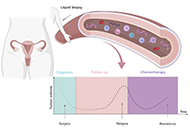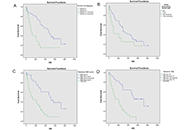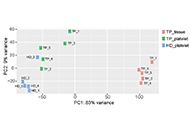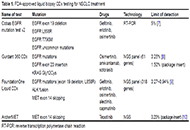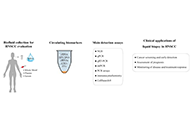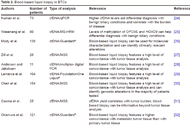
The Implementation of Liquid Biopsy in Clinical Practice for Different Solid Tumor
Guest Editors
Dr. Erika Martinelli E-Mail
Associate Professor in Medical Oncology, Department of Precision Medicine, University of Campania “Luigi Vanvitelli”, Naples, Italy
Research Keywords: colorectal cancer; translational research; resistance to targeted therapies; gastrointestinal cancer
Dr. Giulia Martini E-Mail
University of Campania “Luigi Vanvitelli”, Naples, Italy
About the Special lssue
This special issue is dedicated to the implementation of liquid biopsy in clinical practice for different solid tumors. Nowadays, tissue genotyping represents a major challenge in oncology due the limit to not completely catch the complex molecular pattern of heterogeneous tumors and the invasiveness and costs of techniques that often limit a fully understanding of cancer landscape along the course of tumor disease. Liquid biopsy analysis has the potential to overcome tumor-biopsy limitations allowing to a longitudinal, comprehensive, and non-invasive monitoring of disease. Remarkably, circulating tumor DNA analysis has the potential to guide treatment decision, monitor response and early catch treatment resistance. Moreover, liquid biopsy analysis has been recently used for the detection of minimal residual disease (MRD), which reflects the presence of tumor cells left after surgery or local treatment or disseminated from the primary tumor in patients with no sign of clinical or radiological progression.
The aim of this special issue is to collect original translational research data on the discovery of new blood-based cancer biomarkers and updated reviews of the literature to highlight recent discoveries in the field of precision medicine.
Keywords: Precision medicine; liquid biopsy; circulating tumor DNA; biomarker; treatment resistance
Published Articles
